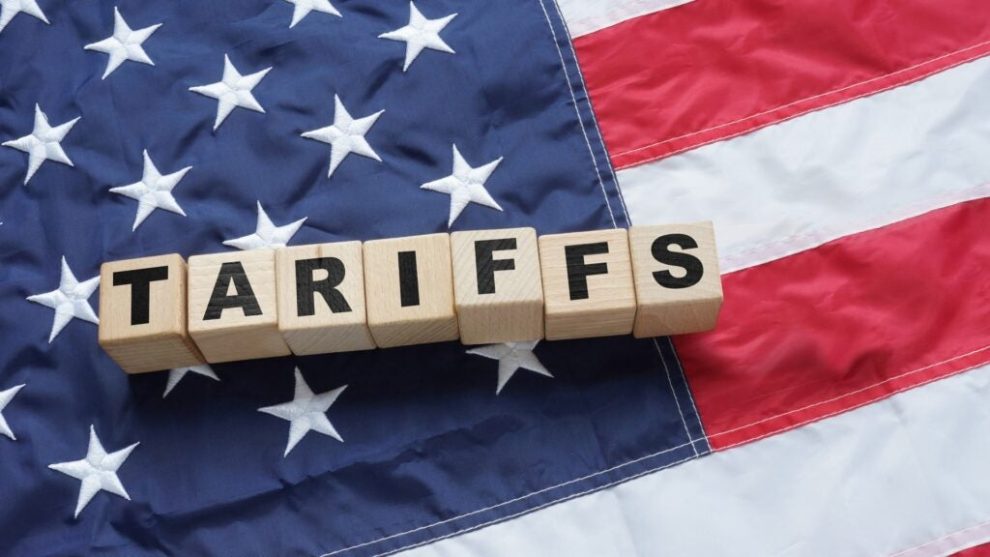Economist Craig Shapiro shared his insights on the unfolding U.S.-China trade dynamics, warning that while a tariff truce may calm immediate market fears, it could have unintended consequences for the broader economy.
What Happened: Shapiro, a macro strategist at Bear Traps Report, suggested that the so-called “tariff climb down” might prevent bond yields from falling, thereby maintaining pressure on an already strained economy as the Federal Reserve remains on the sidelines.
Shapiro’s analysis, posted on X, builds on his earlier reflections from May 9, where he drew parallels to the 2018 Donald Trump, Xi Jinping G20 summit in Argentina. Back then, a temporary trade truce sparked market euphoria, driving a brief rally as volatility subsided.
However, the optimism was short-lived. Markets tanked in the following weeks as the reality of implementing a deal set in, compounded by a slowing economy and a Federal Reserve that was tightening policy through quantitative tightening.
The situation only stabilized after the former Treasury Secretary Steven Mnuchin‘s emergency Christmas Eve call to major banks and Fed Chair Jerome Powell‘s subsequent policy pivot in early 2019.
His comments come amid a backdrop of heightened trade tensions, with recent reports indicating that President Trump paused reciprocal tariffs for 90 days, leaving a baseline 10% rate in place. Despite this reprieve, bond yields have remained stubbornly high.
The 10-year Treasury yields jumped to 4.45% as of the publication of this article.
Thus, according to Shapiro, inflationary effects could continue to push up prices and inflation expectations, and this will prevent bond yields from falling, as investors demand higher yields to offset inflation risk and perceived economic uncertainty.
Why It Matters: On Monday, the U.S. and China declared a 90-day suspension of reciprocal tariffs, reducing them from 125% to 10%, following notable progress in trade discussions held in Geneva over the weekend, as indicated by both the White House and Chinese officials.
The U.S. will keep its 20% tariffs on Chinese imports related to fentanyl, resulting in a total tariff rate on China of 30%. Treasury Secretary Scott Bessent commented, “We had very productive talks and I believe that the venue, here in Lake Geneva, added great equanimity to what was a very positive process.”
According to the South China Morning Post, the joint U.S.-China statement also revealed that Beijing has agreed to lift or suspend all non-tariff countermeasures in place since April 2, which include export restrictions on critical minerals and sanctions on certain U.S. companies.
Price Action: The SPDR S&P 500 ETF Trust SPY and Invesco QQQ Trust ETF QQQ, which track the S&P 500 index and Nasdaq 100 index, respectively, rose in premarket on Monday. The SPY was up 3.04% to $581.50, while the QQQ advanced 3.90% to $507.02, according to Benzinga Pro data.
On Friday, the SPY was down 0.13% to $564.34, while the QQQ declined 0.066% to $487.97
Read Next:
Disclaimer: This content was partially produced with the help of AI tools and was reviewed and published by Benzinga editors.
Photo courtesy: Shutterstock






Add Comment